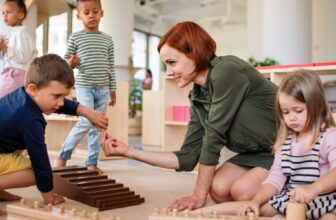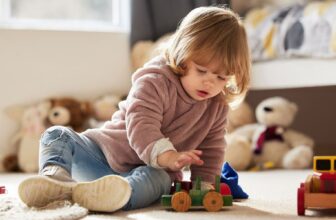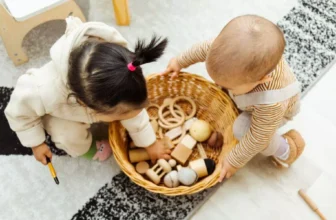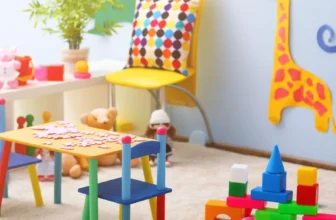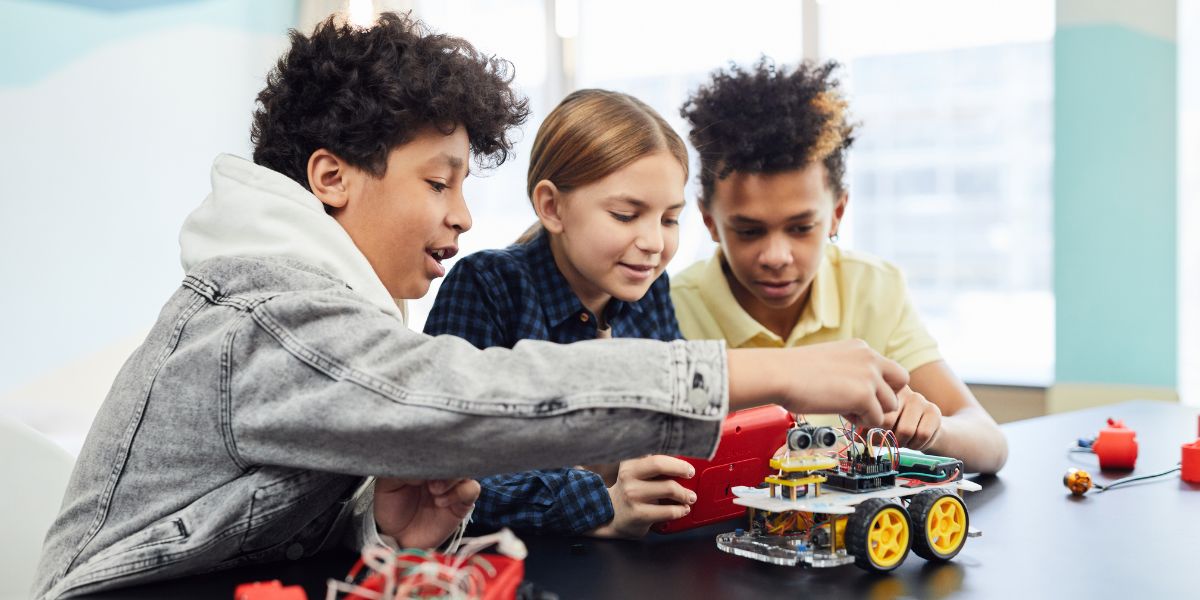
When choosing toys that align with the Montessori approach for young children, you must consider various factors to ensure they support holistic development. By focusing on simplicity, natural materials, and encouraging self-directed exploration, you can provide an environment that nurtures curiosity and independent learning. However, the key lies not only in the toys themselves but also in how they are integrated into the child's play and learning experiences. This thoughtful selection process can lay a strong foundation for fostering creativity, cognitive skills, and a lifelong love for learning in your child.
Understanding Montessori Education Principles
To truly grasp the essence of Montessori education principles, delve into the core beliefs and practices that guide this innovative approach to early childhood learning. Montessori education emphasizes the importance of fostering independence, self-directed learning, and a hands-on approach to education. Children are viewed as naturally curious and capable learners who thrive in an environment that allows them to explore and discover at their own pace.
Central to Montessori principles is the concept of mixed-age classrooms, where children learn from one another and develop a sense of community. Teachers in Montessori settings act as guides, providing support and encouragement while allowing children the freedom to choose their activities and work independently. The learning environment is carefully curated to promote concentration, order, and respect for others.
Benefits of Montessori-Friendly Toys
Montessori-friendly toys offer young children opportunities for open-ended exploration and creative learning experiences. These toys are designed to promote independent play, allowing children to make choices based on their interests and curiosity. By engaging with Montessori-friendly toys, children can develop important skills such as problem-solving, decision-making, and creativity.
One of the key benefits of Montessori-friendly toys is that they encourage hands-on learning. These toys often involve manipulating objects, sorting shapes, or building structures, which helps children refine their fine motor skills and hand-eye coordination. Additionally, Montessori-friendly toys promote concentration and focus as children immerse themselves in activities that capture their attention.
Furthermore, these toys support a child's natural sense of discovery and exploration. Rather than providing explicit instructions or rules, Montessori-friendly toys empower children to experiment, make mistakes, and learn from their experiences. This fosters a sense of independence and self-confidence, as children discover their capabilities through hands-on play.
Factors to Consider When Choosing Toys
What elements should guide your selection of toys for young children?
When choosing toys for young children, it's essential to consider a few key factors to ensure they align with Montessori principles.
First and foremost, opt for toys that promote hands-on exploration and encourage independent play. Look for toys that are made from natural materials such as wood, fabric, or metal, as these tend to be more durable and engaging for children.
Consider the toy's simplicity and how it allows for open-ended play, sparking creativity and problem-solving skills.
Another important factor to consider is the toy's ability to promote concentration and focus. Choose toys that aren't overly stimulating or distracting, allowing children to fully immerse themselves in the activity at hand.
Additionally, select toys that cater to the child's developmental stage and interests, fostering a sense of autonomy and self-discovery. By carefully considering these factors, you can choose toys that support a child's natural curiosity and desire to learn through play in a Montessori-friendly way.
Top Montessori-Friendly Toy Recommendations
When selecting toys for young children in line with Montessori principles, prioritize simplicity and natural materials to foster hands-on exploration and independent play.
Look for toys like wooden blocks that encourage open-ended creativity and problem-solving. Simple puzzles with knobs are excellent for developing fine motor skills and cognitive abilities.
Toys that mimic real-life objects, such as child-sized brooms or kitchen utensils, promote practical life skills and independence. Natural materials like wooden toys, fabric dolls, or baskets made from wicker allow children to engage with their senses and connect with the environment.
Opt for toys that promote sensory experiences, such as textured balls or sensory bins filled with natural materials like sand or dried beans. Musical instruments like drums or xylophones can also enhance a child's auditory senses and creativity.

